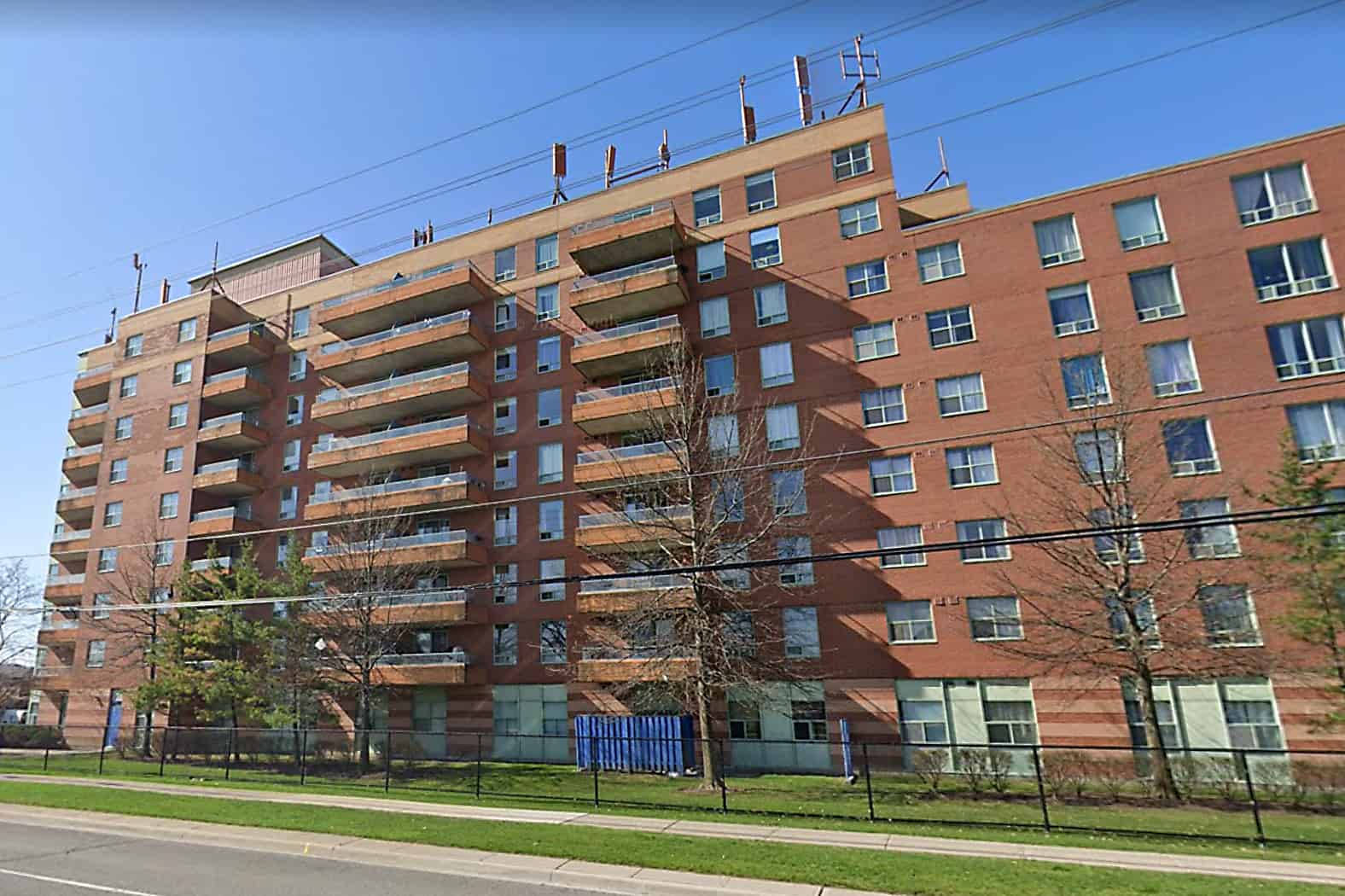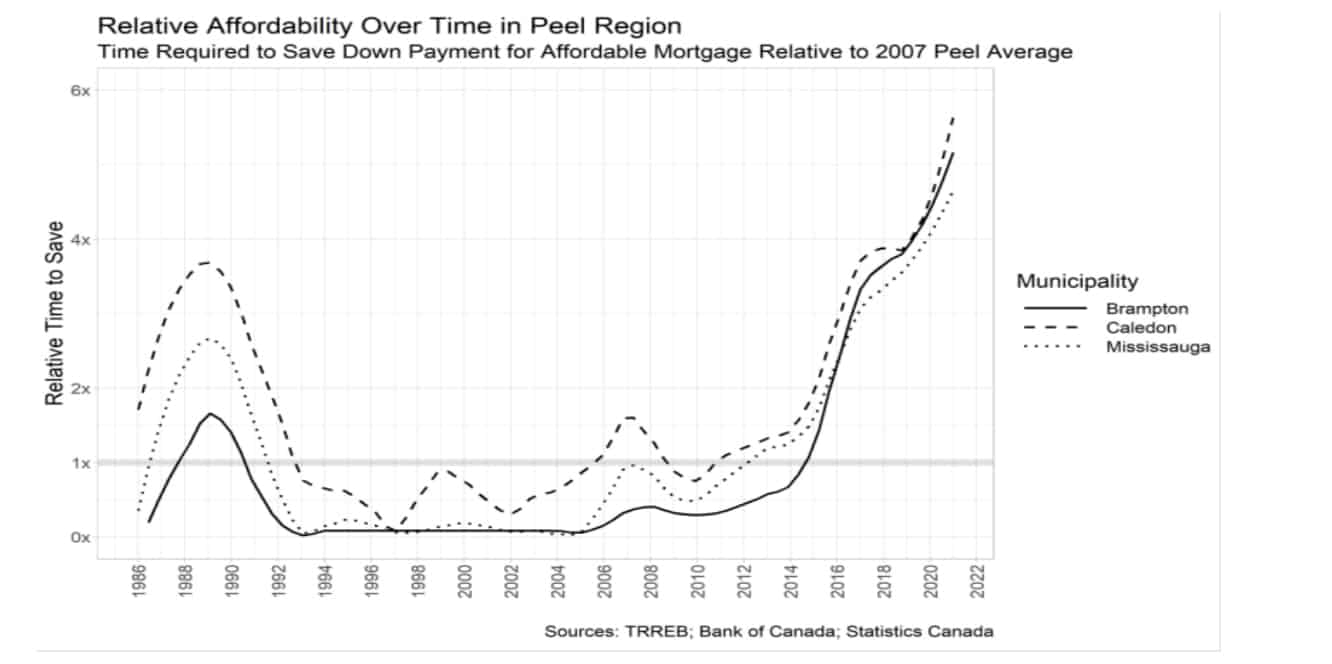Extra $4 billion needed to address affordable housing crisis in Mississauga and Brampton
Published May 12, 2023 at 2:31 pm

The affordable housing crisis has reached a point where an additional $4 billion is needed just to keep the status quo in Mississauga, Caledon and Brampton.
A Region of Peel council report delivered on Thursday (May 11) outlined the troubling state of affordable housing.
“This report is a stark reality check,” said Sean Baird, Peel Region commissioner of human services. “We already knew that we were facing an unprecedented and extraordinarily complex challenge, but it is now clear that the level of investment required is tremendous.”
The affordable housing system in Peel has been unable to keep up with dramatic increases in demand for housing and homelessness supports over the last decade, the report notes.
Currently, just 19 per cent of Peel’s housing need is being met and around 91,000 households in Peel need core housing.
The need is growing for several reasons including housing supply limitations, the post-2008 financial crisis monetary policy, and a growing presence of investors.
It’s nearly impossible to buy a home without family or other support.
An average income household now requires about 30 years to save a large enough downpayment for an affordable 25-year mortgage, whereas a minimum wage household requires about 50 years.

Average rents in Peel are equivalent to nearly all of a minimum wage earner’s income, and approximately 4,000 people relied on the emergency shelter system in the last year alone.
To make things worse, the additional $4 billion will only meet the need of that 19 per cent over the next ten years. It is estimated that it could take up to $50 billion over the next ten years to meet 100 per cent of core housing need in Peel, according to the report.
Without significant additional funding, Peel will fall further behind in tackling the affordable housing crisis.
Peel Region is the primary funder of social housing in Mississauga, Brampton and Caledon.
“We simply cannot make inroads into tackling this crisis without significant support from all levels of government and partners in the private and non-profit sectors,” Baird said. “If we are to help our residents to get and keep housing they can afford, the time for funding is now.”
Staff is expected to provide recommendations funding for the 2024 Housing Supports Service Plan, forecast and budget request.
For the full report see: Affordable Housing: Investments Needed to Close the Gap.
INsauga's Editorial Standards and Policies


